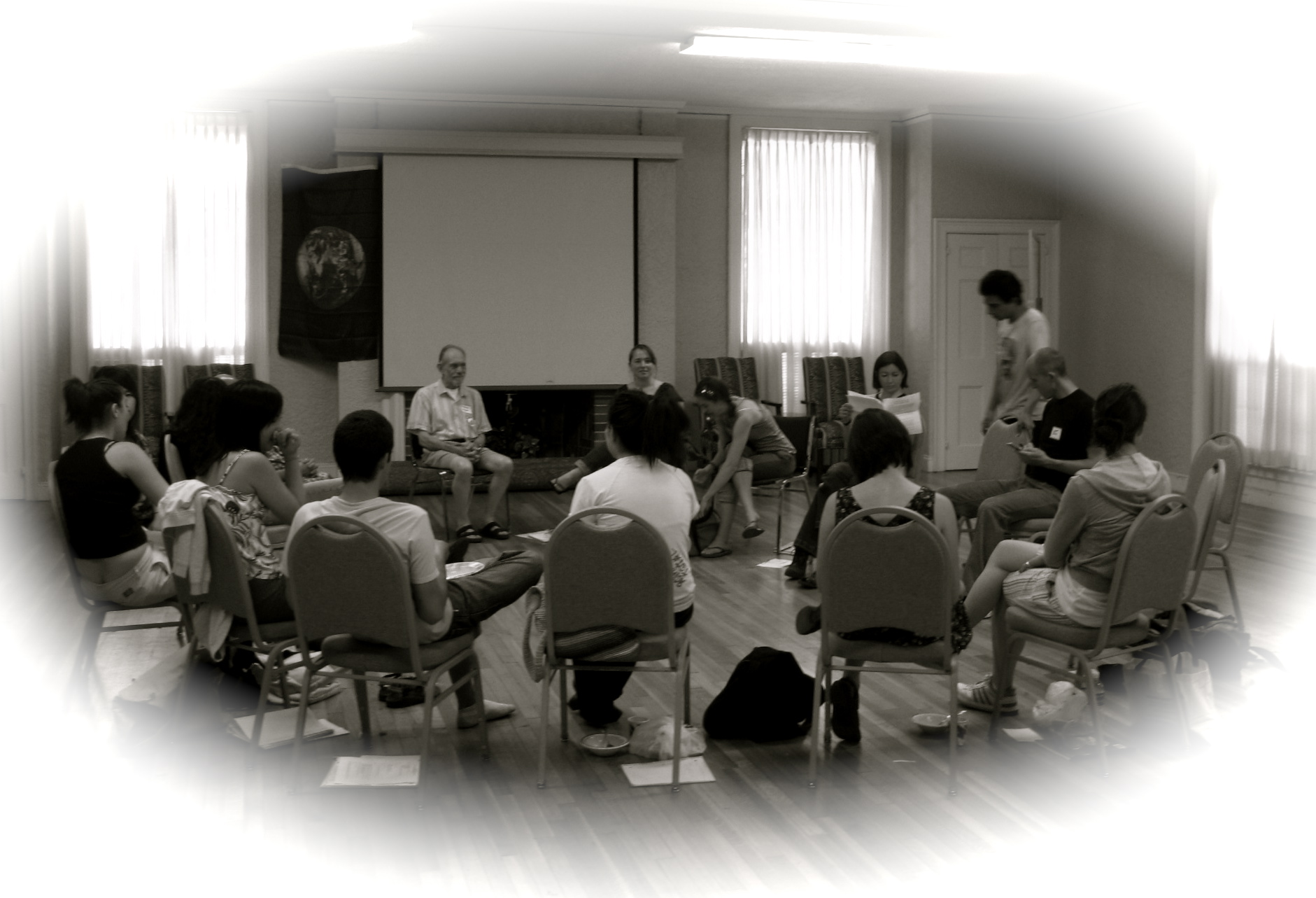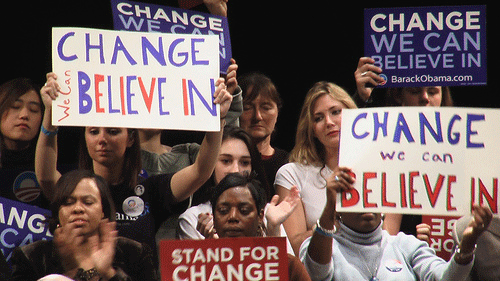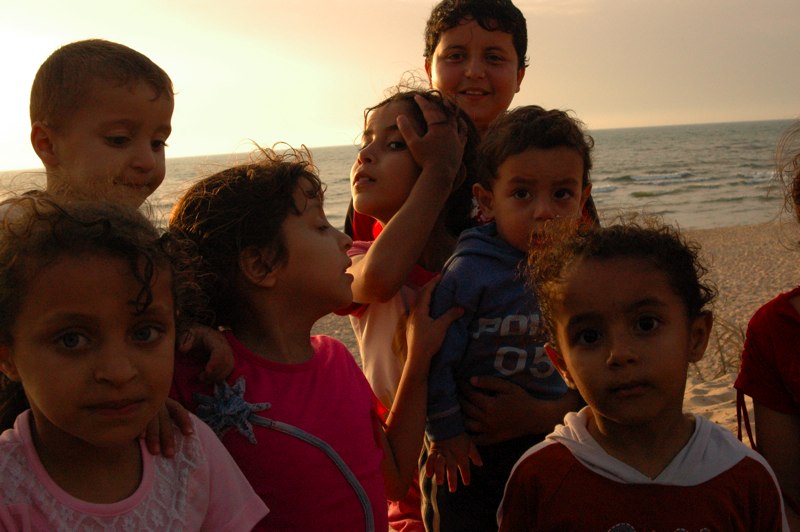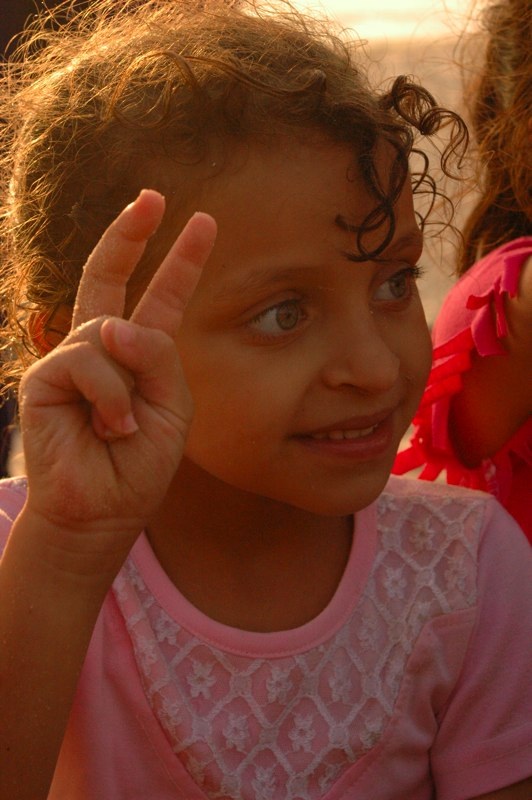A bit over thirty years ago I was listening to the news of the Jonestown massacre in Guyana, where 900 Americans committing suicide and murder, in some cases on their own children, at the behest of a deranged ‘charismatic’ cultist promising them rewards in Heaven. Memories of this shock came back to me in an odd way when I heard what happened on Black Friday at a Nassau County NY Wal-Mart- turning it very black indeed: crowds who had waited, in some cases, all night for a few bargains broke down the door before the store was ready to open, and when a temporary employee tried to stop them they surged in to do their shopping and, in the process, trampled him to death. That may seem like a rather different kind of mob hysteria from Jonestown – But they have something in common. They are wakeup calls. As one radio personality talking about Guyana said then, “Well, there’s 900 bodies down there and the FBI is cleaning it up. Now here’s the real question: who’s going to pay for all this?”
Is that the real question? Isn’t the real question more like, ‘Who are we?’ What kind of people have we become, that a deranged egotist could lead a thousand Americans to their death with fantastical promises of heaven? Not, perchance, a people eerily reminiscent, to us now, of fanatical jihadists? But let me get back to the more recent and, in terms of numbers, much smaller disaster.
Chris Johnnidis of Metta just sent me a photo of road signs outside a shopping mall in Emeryville, CA, that displayed the words, “as long as we both shall shop . . .to love and to cherish,” and “to have and to hold.” On the other side they said, “happy – happier – happiest” with increasing numbers of shopping bags. All this might be mildly funny were it not for the fact that once again, with the tragedy in Nassau County, we are staring into a chance revelation of something deeply wrong with American culture – and once again some of us are running away from the right questions.
Nearly half a century has passed since Martin Luther King warned, in his famous speech against the Vietnam war in New York’s Riverside Church, “We must rapidly begin the shift from a thing-oriented society to a person-oriented society.” By not heeding his advice – even when there are shocking examples of what happens when we do not – some of us have become so crazed by consumerism (Americans are exposed to between three and six thousand commercial messages a day) that when aroused by the idea of saving a few dollars they forget their humanity – and of course, in the process, that of others. One onlooker commented that the 2,000-strong crowd waiting for Wal-Mart to open behaved “like animals.”
(more…)











